Lithium iron phosphate batteries, commonly known as LiFePO4, are emerging as a groundbreaking technology in the battery market. With their exceptional performance and robust safety features, these batteries are increasingly favored for many applications, ranging from personal gadgets to large-scale energy storage. This detailed exploration aims to dissect the various aspects of LiFePO4 technology, highlighting its advantages, applications, safety measures, and much more, providing a comprehensive understanding of its transformative potential.
Understanding LiFePO4 Technology
LiFePO4 vs. Lithium-ion
LiFePO4 batteries offer a distinct set of benefits when compared to traditional lithium-ion batteries, primarily due to their unique chemical composition. Utilizing lithium iron phosphate in the cathode affords these batteries enhanced stability and safety, significantly reducing the risks associated with overheating and potential combustion. This stability makes them safer and significantly extends their lifespan, reducing the frequency and cost of replacements.
Furthermore, the comparison extends to performance, where LiFePO4 batteries demonstrate superior thermal and chemical stability, translating into higher safety during operation and storage. Compared to their lithium-ion counterparts, the reduced risk of fire and explosion in these batteries makes them ideal for use in settings where safety is paramount.
Benefits of Li-FePO4
The environmental impact of batteries is an increasingly critical concern, and LiFePO4 batteries address this head-on with several eco-friendly attributes. These batteries do not contain cobalt, a toxic heavy metal implicated in environmental and health issues, which makes them a safer and more sustainable choice. Their long operational lifespan also means fewer battery replacements and less waste.
Moreover, LiFePO4 batteries demonstrate exceptional longevity and reliability. They maintain a high capacity for more charge cycles, which is crucial for applications requiring dependable long-term energy storage, such as solar power systems or electric vehicles. This reliability can significantly reduce the total cost of ownership over the battery's lifetime.

The Superiority of LiFePO4 Cycle Life and Charging
LiFePO4 Cycle Life
The concept of 'cycle life' is paramount in understanding battery performance, especially for applications that demand longevity. LiFePO4 batteries are renowned for enduring upwards of 2000-3000 charge cycles while maintaining up to 80% of their original capacity. This longevity surpasses many conventional batteries, providing a compelling return on investment through reduced lifecycle costs.
The enduring nature of LiFePO4 batteries is pivotal not only in terms of cost but also for their environmental impact. Longer-lasting batteries mean less frequent replacement and less resource depletion and waste. This cycle of life superiority supports both economic and environmental sustainability.
LiFePO4 Charging Practices
Charging practices significantly influence the health and efficiency of LiFePO4 batteries. It is crucial to use chargers specifically designed for LiFePO4 chemistry to ensure proper handling of the batteries' specific needs. These chargers typically incorporate advanced features to prevent overcharging and optimize battery performance, thereby extending the battery's usable life.
Additionally, adhering to recommended charging parameters, such as voltage and current limits, can prevent stress on the battery cells, further enhancing their longevity. This approach not only preserves the battery but also ensures that it continues to provide dependable power over its extended lifespan.
Applications of LiFePO4 Batteries
Sector-Specific Uses
LiFePO4 batteries are incredibly versatile and find utility in diverse sectors. In solar energy systems, these batteries provide reliable and safe storage for solar power, making renewable energy more accessible and effective. The marine industry also benefits from the robustness of LiFePO4 batteries, which can withstand harsh conditions and provide dependable power at sea.
In recreational vehicles (RVs), LiFePO4 batteries offer the deep cycling capabilities necessary for extended trips without access to external power sources. Their ability to repeatedly discharge and recharge effectively makes them ideal for powering RVs over long distances and durations.
Specialized Applications
LiFePO4 batteries are not limited to conventional applications. They are also increasingly popular in off-grid energy systems, where their efficiency and longevity ensure continuous power supply without frequent maintenance. DIY enthusiasts also favor LiFePO4 for custom projects, appreciating the safety and performance characteristics that make them suitable for various innovative applications.
These specialized uses highlight the adaptability of LiFePO4 batteries, proving their effectiveness across various scenarios beyond traditional applications. Whether for residential solar power installations or creative DIY projects, LiFePO4 batteries provide a reliable and safe energy solution.
Maintenance and Storage of LiFePO4 Batteries
Proper Storage Techniques
Proper storage is essential for maximizing the lifespan and efficacy of LiFePO4 batteries. These batteries should ideally be stored in cool, dry conditions to prevent degradation. Exposure to extreme temperatures, particularly heat, can accelerate aging and diminish the battery's performance and safety.
Furthermore, it's important to maintain an optimal charge level during storage to avoid the natural degradation that occurs when batteries are either fully discharged or excessively charged. Managing these conditions helps preserve the battery's integrity and capacity over time.

Maintaining Your LiFePO4 Battery
Regular maintenance and inspection are crucial to ensuring that LiFePO4 batteries operate at peak efficiency. Utilizing a LiFePO4-specific Battery Management System (BMS) can significantly aid this. A BMS monitors the battery's health, manages its charge states, and ensures balanced charging among all cells, essential for maintaining its longevity and safety.
Routine checks should include inspecting for physical damage, ensuring connections are clean and secure, and verifying that the battery functions within its specified parameters. These practices extend the battery's life and ensure it continues to operate safely and effectively.
Safety and Precautions
Safety Features of LiFePO4 Batteries
LiFePO4 batteries are equipped with several built-in safety features that significantly reduce the risks associated with battery use, such as thermal runaway and explosion. These safety mechanisms are intrinsic to the LiFePO4 chemistry, which inherently possesses a more stable thermal and chemical profile than other lithium-based batteries.
This enhanced safety makes LiFePO4 an ideal choice for applications where safety cannot be compromised, such as residential settings or vehicles. The peace of mind of using safer battery technology is invaluable in promoting the wider adoption of battery-based power solutions.
Best Practices for Ensuring Safety
While LiFePO4 batteries are inherently safer, proper handling and adherence to recommended practices are still crucial. Users should always follow manufacturer guidelines for use, handling, and disposal. Safe operation practices include avoiding exposure to extreme temperatures, handling with care to prevent mechanical damage, and ensuring the charging equipment is compatible and functioning properly.
In case of a battery incident, such as leakage or damage, it is important to follow emergency procedures recommended by the manufacturer. These typically include isolating the battery, avoiding direct contact with damaged cells, and seeking professional help for disposal or recycling.
Buying and Using LiFePO4 Batteries
Choosing the Right LiFePO4 Battery
Selecting the right LiFePO4 battery involves considering several factors, including the intended application, required capacity, expected lifespan, weight, and cost. Each of these factors can influence the overall performance and suitability of the battery for specific needs. For instance, choosing a lighter battery might be imperative in applications where weight is critical, such as portable devices or lightweight vehicles.
Moreover, the cost should be evaluated in the context of the battery's lifespan and performance. While LiFePO4 batteries may have a higher upfront cost than other types, their longer lifespan and lower maintenance requirements can make them more cost-effective.
The Future of LiFePO4 Batteries
The future of LiFePO4 technology looks promising. Continuous advancements in battery technology enhance their efficiency and expand their potential applications. Research is ongoing to further improve the energy density and reduce the cost of LiFePO4 batteries, making them accessible to a broader market.
Emerging trends, such as integrating LiFePO4 batteries in smart grids and electric vehicles, underscore the growing reliance on this technology. As the demand for sustainable and safe battery solutions increases, LiFePO4 batteries are well-positioned to play a pivotal role in the energy landscape.
Conclusion
LiFePO4 batteries offer various benefits, making them a superior choice for various applications. From their exceptional safety features to their environmental friendliness and long lifespan, these batteries represent a reliable, sustainable, and efficient energy solution. As technology advances, the role of LiFePO4 batteries is set to expand, making them an increasingly common choice for energy storage needs.
For those in Europe, LANPWR offers a range of top-quality LiFePO4 batteries that meet the highest standards of performance and safety. Investing in a LANPWR LiFePO4 battery means investing in a future where energy is not only cleaner but also more reliable. Consider LiFePO4 batteries for your next energy storage solution and join the move toward a more sustainable and efficient future.



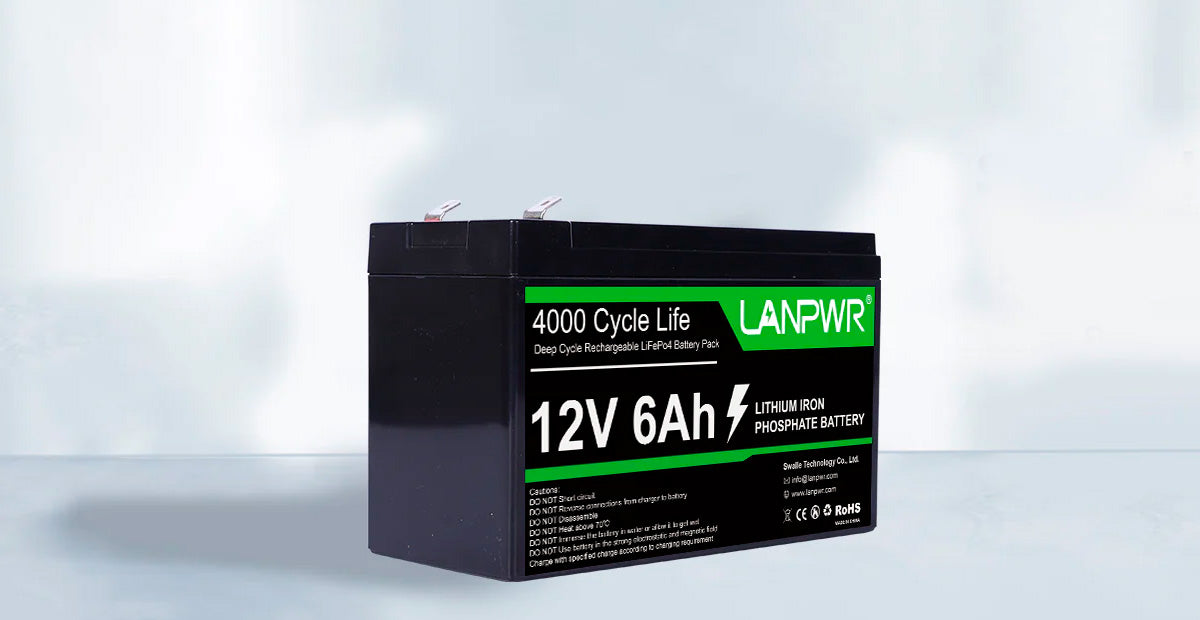


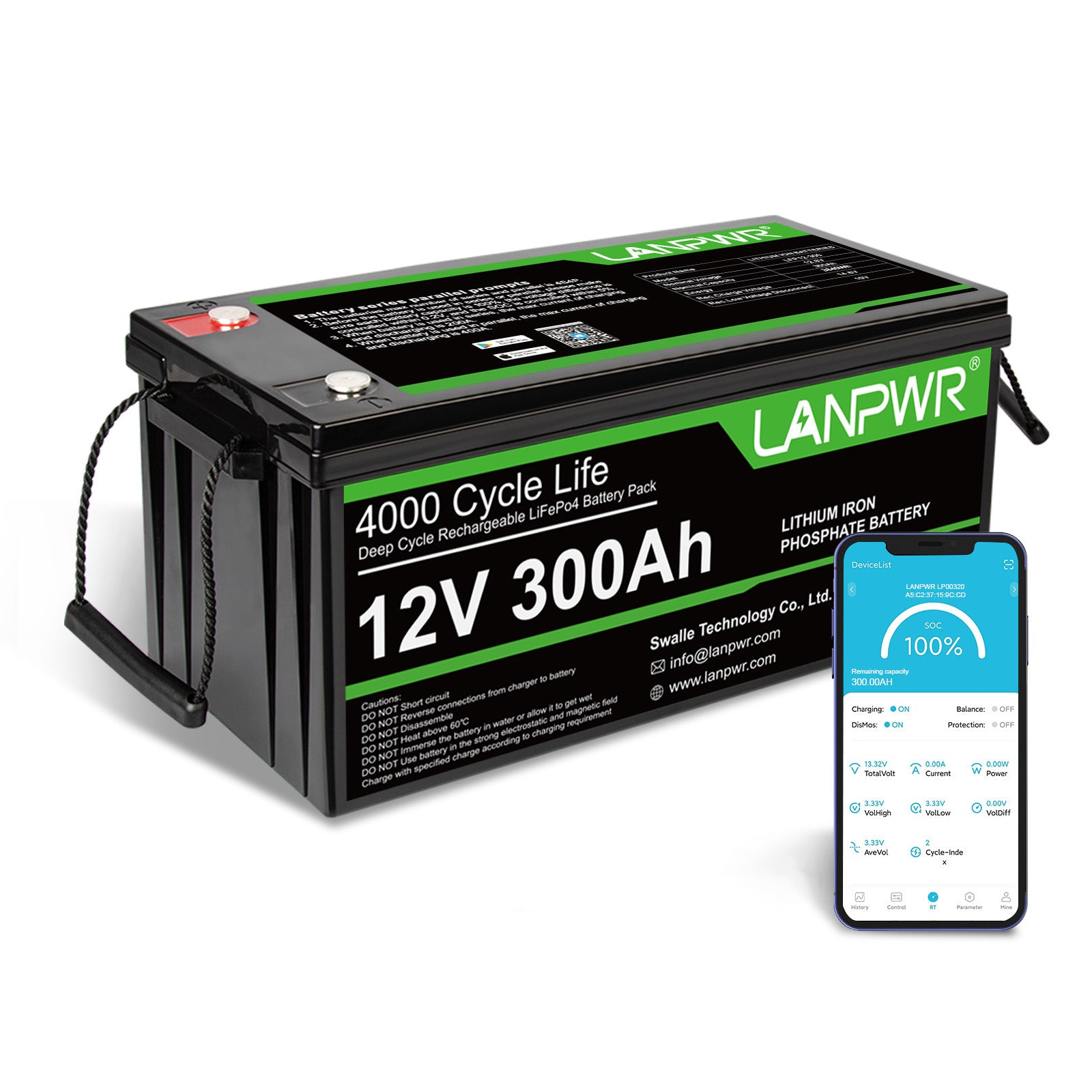

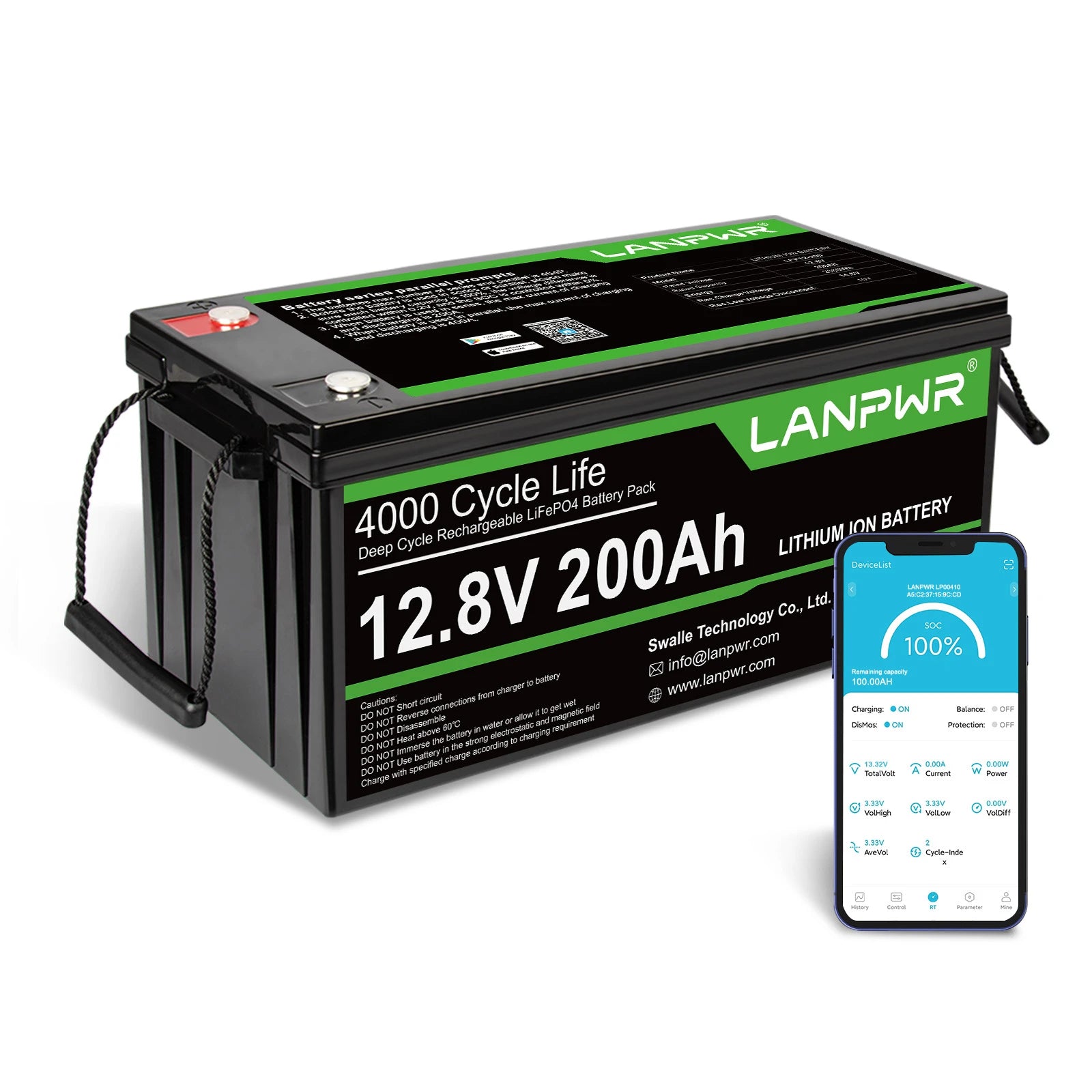
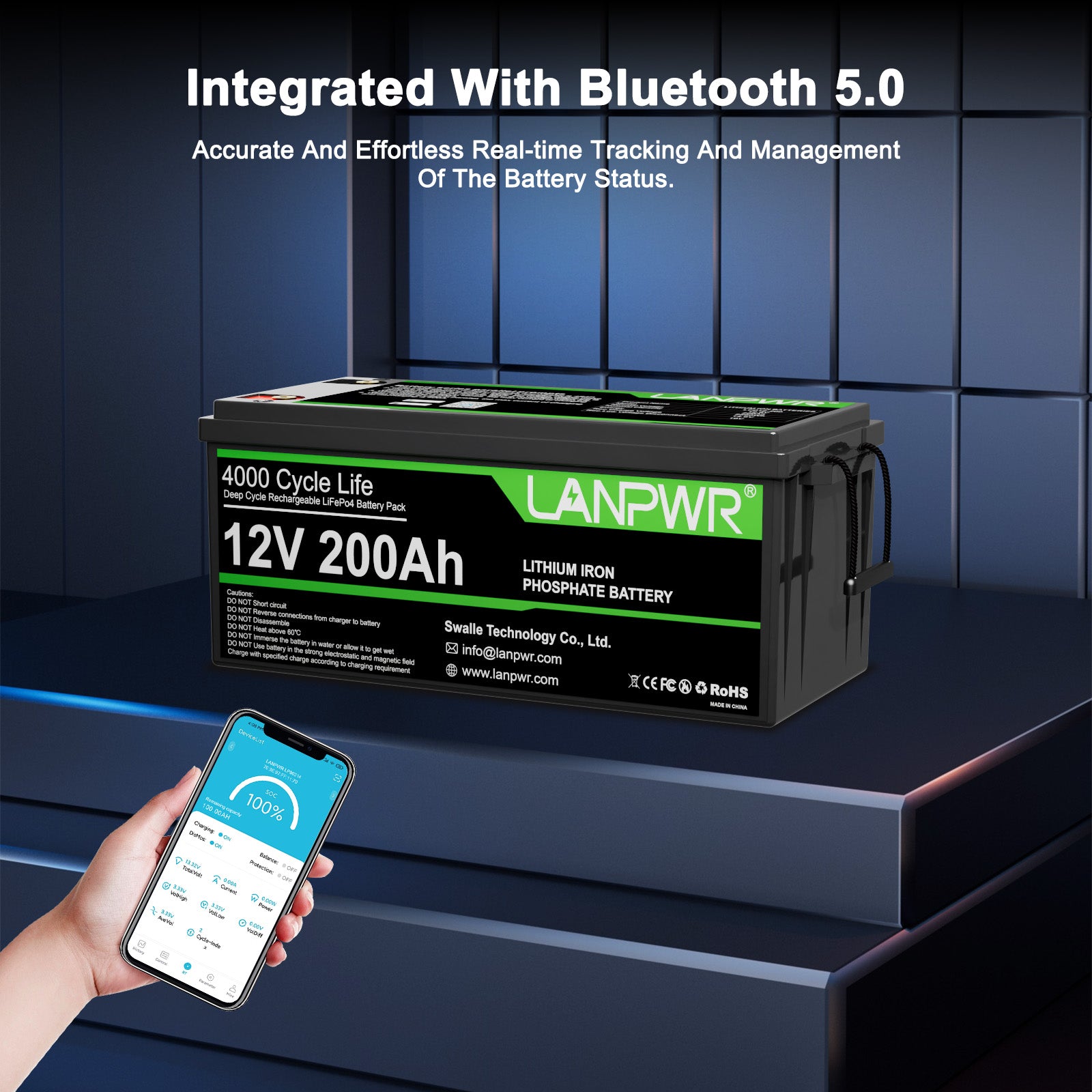
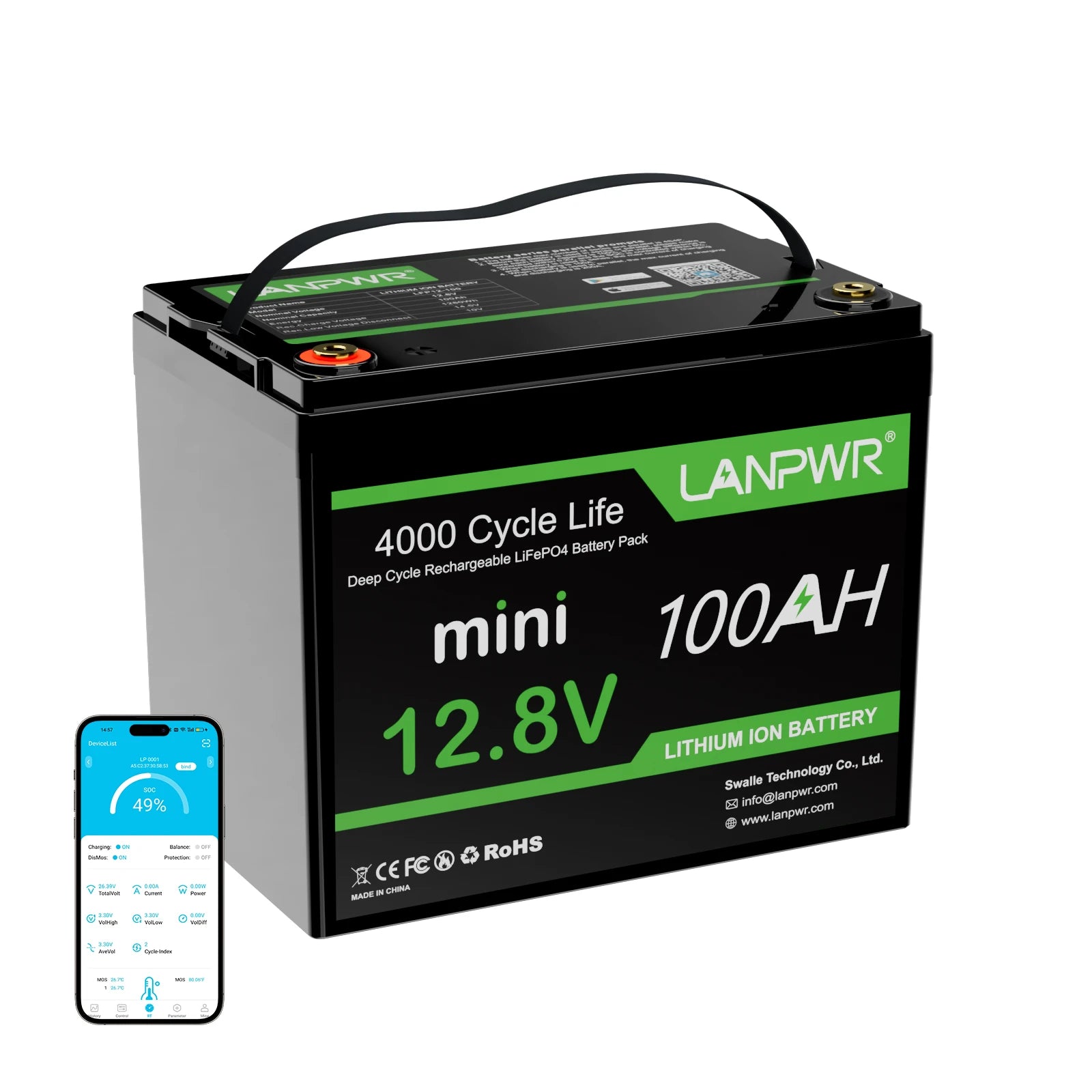

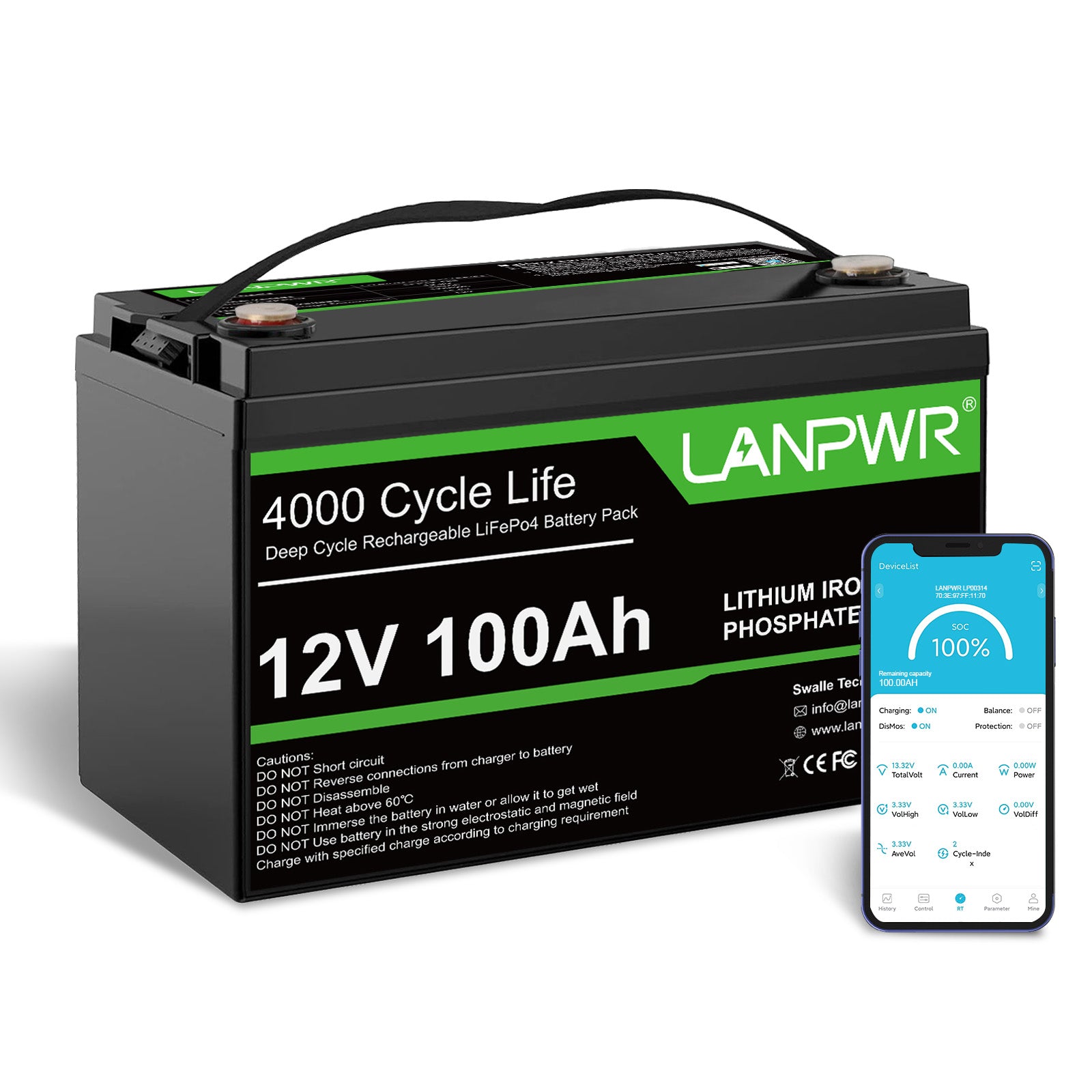

Leave a comment
This site is protected by hCaptcha and the hCaptcha Privacy Policy and Terms of Service apply.